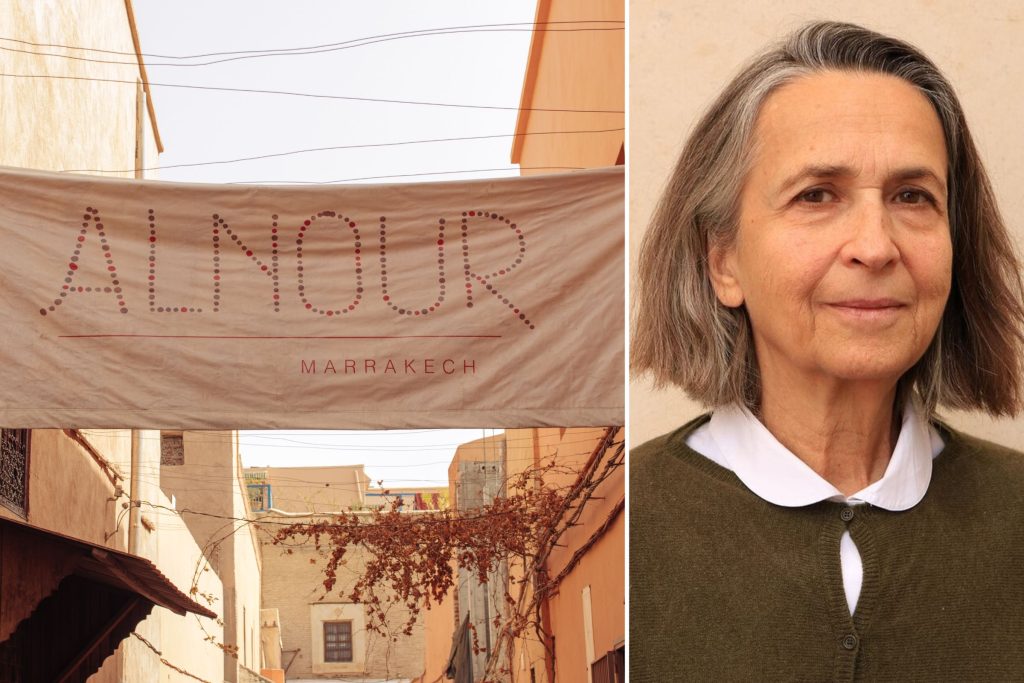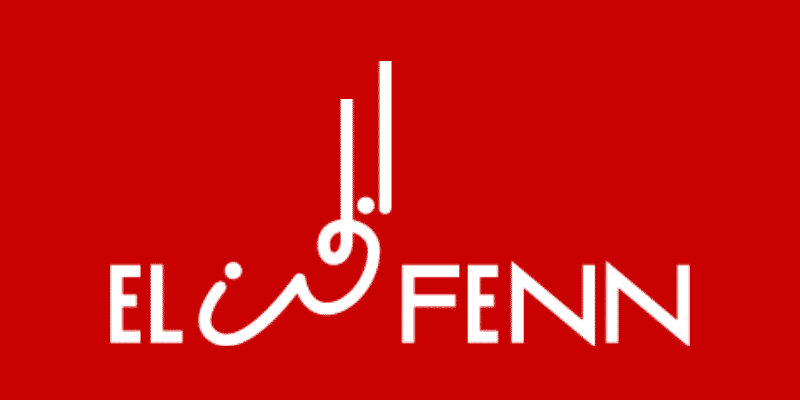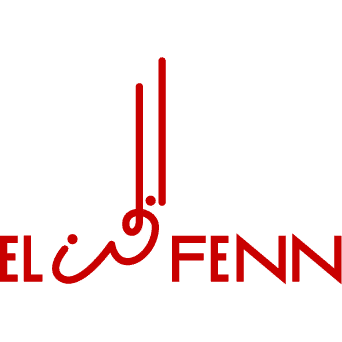
AlNour: The Story
There is a story behind every product in the El Fenn boutique. And that of the beautiful embroidered linens by Al Nour is one of the most powerful. Because AlNour is a social enterprise that works with disabled women to provide vital employment and financial support. We caught up with founder Patricia Kahane.

What does AlNour mean?
It means ‘light’ in Arabic and stands for hope, dignity and independence. Our goal is to encourage women with disabilities into work using their ancestral skills.
How did you get started?
I started in 2006 with just seven or eight women with various disabilities but we grew very fast by word of mouth. It was the first time that most of them had had a monthly salary.
What challenges were they facing?
Many had been working in different foundations before but worked long hours, six days a week and were paid about 60 euros per month, with no health or retirement cover. It was more like a slave shop and I was determined to change this. We provide a proper living wage as well as social security and healthcare, transport, child care, laundry facilities and meals. We are now more than 30 people.


What do the women who work for you produce?
Embroidery is our core business but we’ve also added a collection of hand-sewn handbags, which include very intricate macramé straps made by one exceptionally talented woman. We also do some small Boucherouite art works (ragging on frames) and knitted baby clothes.
What style of embroidery is it?
There’s no tradition of embroidery in Marrakech, so we focus on styles from Fez and Rabat. Fez embroidery is basically a cross stitch, which you see all over America and Europe, so it’s very universal. The Rabat tradition covers the whole surface of the fabric so it’s much denser and takes a huge amount of time. It was originally done using silk threads on linen, because Fez and Meknes used to produce a lot of silk. That’s no longer the case so we import our silk yarns from France and India.

What have been your landmark moments?
Educating the end customer about the real value of handmade items has been our biggest challenge. People are used to buying hand-made items from the Far East or India where pay can be as little as $2-$3 a day. Our product is much more expensive because we’re paying proper wages for the skills and providing employment benefits. But people are finally starting to understand and we are now working with two Austrian artists – Eva Beresin, a painter, and Andrea Ebel-Ostertag, a goldsmith – and French pop-up retailer Valérie d’Alincourt.
We’ve also started a wonderful working relationship with Madeline Weinrib, a partner at El Fenn, which is a great honour for us. She has designed some beautiful bespoke table linens for the boutique. It’s important to us to grow as a business, but only in the right way. That means working with partners who share our values about fair working conditions for the women of AlNour.
The El Fenn Boutique stocks a unique collection of children’s clothing handmade by AlNour, with a new exciting line to come in April.


